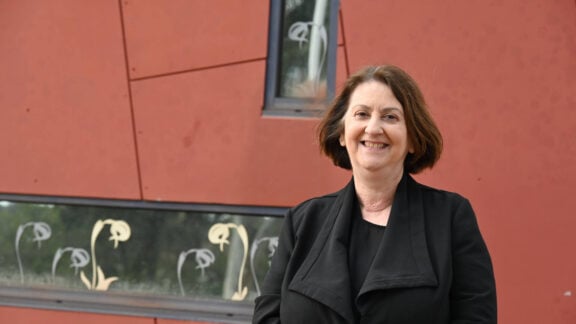The long-running case of Perry Kouroumblis, accused of the 1977 murders of Suzanne Armstrong and Susan Bartlett, has been adjourned to allow time for DNA analysis.
The committal hearing set to take place on 3 June will determine whether the case proceeds to trial.
Kouroumblis, 65, appeared briefly via video link from prison at the Melbourne Magistrates’ Court on Wednesday. The former Collingwood resident remains in custody following his extradition from Italy in December.
Both the prosecution and defense jointly requested the adjournment, citing the need to review thousands of pages of newly received DNA analysis.
“We received several thousand pages of DNA analysis last week,” defense lawyer Bill Doogue stated. “We need a little extra time.”
Judge Brett Sonnet granted the request but urged both parties to prioritise the case.
“This should be given the highest priority,” he said, noting the court’s readiness to proceed with the committal hearing, which will determine if there is enough evidence for a full trial.
Kouroumblis was arrested in Rome last September as part of an investigation into one of Australia’s most infamous cold cases. Following his extradition, he arrived in Melbourne in early December under police escort and was formally charged with two counts of murder and one count of rape related to the crimes on Easey Street.
Victoria Police claim that DNA evidence found at the crime scene has been linked to Kouroumblis. Despite this, he has maintained his innocence through his Italian legal counsel and consented to extradition to face Australian justice.

The Easey Street murders history
On January 13, 1977, Suzanne Armstrong and Susan Bartlett were found brutally stabbed to death in their home on Easey Street, Collingwood. Armstrong had also been sexually assaulted. The crime shocked Australia, particularly Melbourne’s Greek-Australian community, as the area was heavily populated by Greek migrants at the time.
Armstrong’s 16-month-old son, Gregory, was found alive but severely malnourished in his crib, having been alone for three days following the murders. The brutality of the case led authorities to describe it as a “horrific and frenzied homicide.”
Over the decades, the case remained unsolved despite numerous leads and speculative theories. Greek-Australian community members were among those questioned by police, and the investigation was hindered by false leads and misinformation.
As one of Melbourne’s most notorious unsolved crimes, the Easey Street murders continue to haunt those who remember the events of nearly 50 years ago. The latest court developments offer hope that justice may finally be served.

With AP and News.com.au








